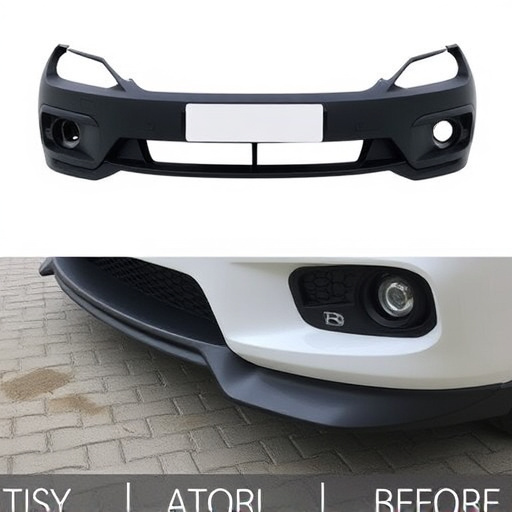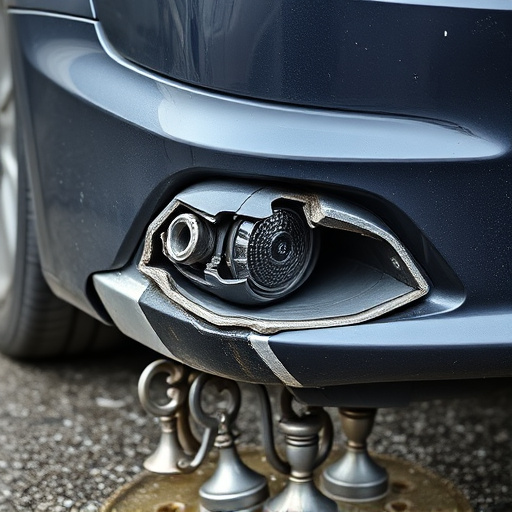Effective communication and timely follow-ups are key to successful insurance claim management, especially for automotive repairs. Clear communication boosts customer satisfaction, trust, and faster settlements by setting expectations, addressing concerns promptly, and facilitating decision-making. Delays in communication can extend processing times, causing costs, safety risks, and lost trust, emphasizing the importance of quick follow-ups in collision repair.
Timely follow-ups are an essential component of effective insurance claim management. This crucial aspect often determines the success or failure of a claim process, impacting both customer satisfaction and overall operational efficiency. In this article, we explore why proactive follow-ups streamline communication, fostering trust between insurers and policyholders. By preventing delays at every stage, timely interventions ensure smoother claim settlements, enhancing customer experience in the dynamic landscape of insurance claim management.
- Streamlining Communication: The Key to Success
- Enhancing Customer Satisfaction and Trust
- Preventing Delays and Their Consequences
Streamlining Communication: The Key to Success

In the realm of insurance claim management, effective communication is the linchpin that holds the entire process together. Timely follow-ups play a pivotal role in this regard, ensuring that all stakeholders are on the same page. When an insured individual files a claim, whether for a Mercedes Benz collision repair or general dent repair, clear and consistent communication can significantly streamline the journey. It helps set expectations, provides updates on the claim’s progress, and facilitates quick resolution of any concerns or discrepancies.
This streamlined approach not only enhances customer satisfaction but also contributes to more efficient automotive repair services. By promptly addressing queries and offering transparent updates, insurers can foster trust with policyholders. Moreover, it enables quicker decision-making, leading to faster settlement times. Whether dealing with complex collision repairs or simple dent repairs, efficient communication is the key to a successful insurance claim management workflow.
Enhancing Customer Satisfaction and Trust

Timely follow-ups play a pivotal role in enhancing customer satisfaction and building trust in insurance claim management processes. When an insured person files a claim for damages, such as those sustained in a car accident, they expect swift resolution and support throughout the process. Prompt responses from insurance providers reassure customers that their concerns are being taken seriously. Regular updates on claim progress, even simple acknowledgments of receipt, demonstrate attentiveness and care, fostering a positive relationship with the insurer.
In the event of complex claims involving car repair shops or tire services for significant vehicle damage, keeping customers informed adds another layer of trust. It allows insured individuals to feel empowered during what could be a stressful situation. Efficient follow-ups also ensure that any issues are promptly addressed, leading to quicker claim settlements and happier clients. This level of customer service not only improves retention but also encourages positive word-of-mouth referrals, which are invaluable in the competitive insurance industry.
Preventing Delays and Their Consequences

Timely follow-ups are a critical aspect of efficient insurance claim management. One of the primary reasons for this is to prevent delays that can significantly impact the entire process. When an insurance provider or a car body shop (a.k.a. collision center) fails to follow up on pending claims, it often leads to protracted processing times. This not only frustrates policyholders but also creates additional administrative burdens for both the insurer and the claim management team.
Delays can have far-reaching consequences. In a frame straightening or collision repair scenario, quick turnaround times are essential to minimize vehicle downtime and ensure customers can get back on the road safely. Prolonged waits can result in higher costs for temporary transportation, extended periods of inactivity for vehicles, and even potential safety risks. Moreover, delayed claims can lead to a loss of customer trust and loyalty, as policyholders may perceive the process as inefficient or uncaring.
Timely follow-ups are a vital component of efficient insurance claim management. By streamlining communication, enhancing customer satisfaction, and preventing delays, these practices ensure a seamless experience for policyholders. Effective follow-ups foster trust and demonstrate a commitment to resolving claims promptly, ultimately benefiting both the insurer and the insured. Incorporating these strategies into workflows is essential for successful insurance claim management.













